How a warming Arctic connects to the rise of populism in the US and Europe
“We have given up collective thinking,” says a Swedish historian, chiding Norway and Russia for unhealthy pursuit of Arctic fossil fuels. “Now it is all about saving one's self.”
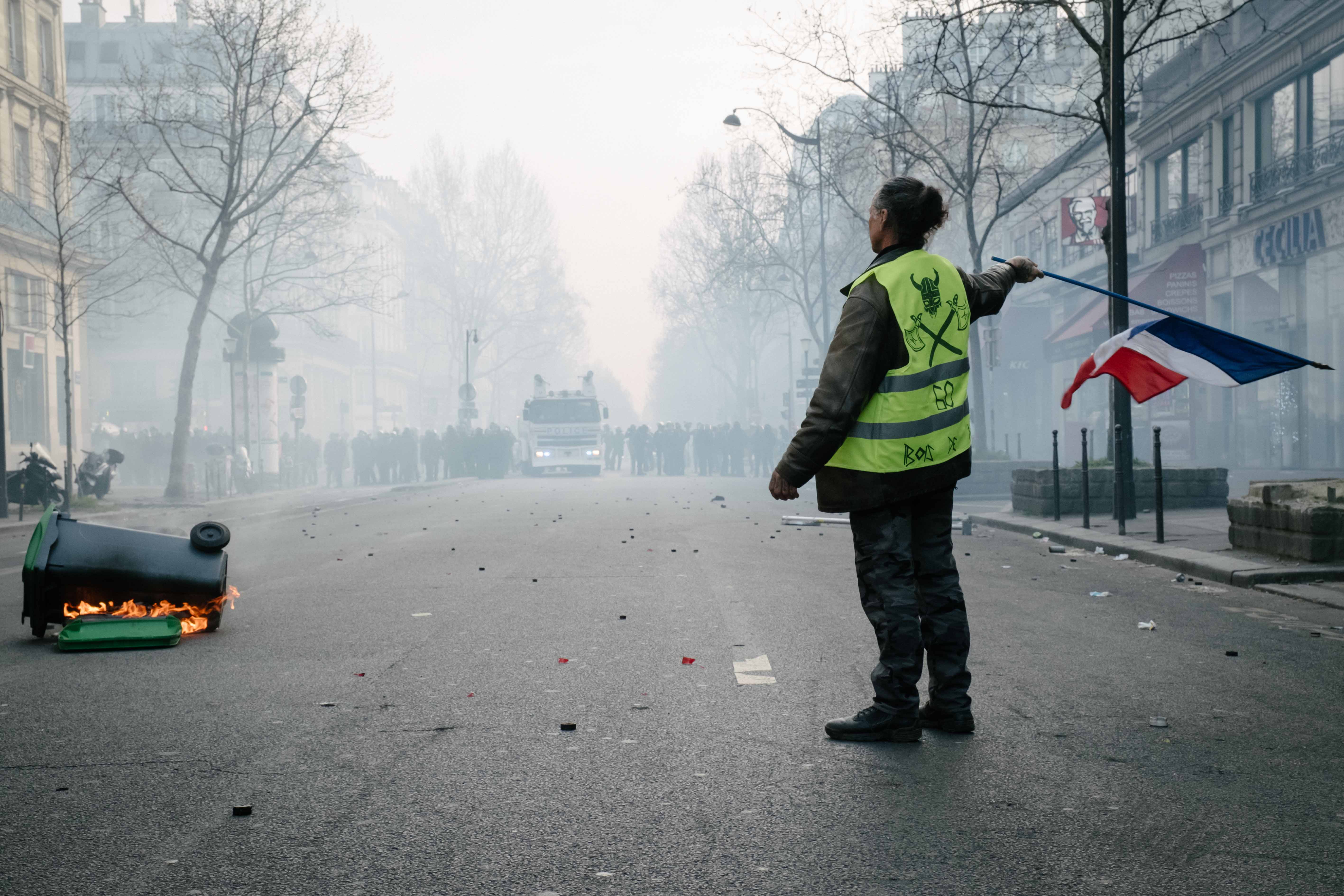
If you live in the Arctic or deal regularly with Arctic issues as I do, you have most likely wondered about this: Why is it that the climate crisis, which seems to call for urgent and stringent international efforts, is met by what seems to be the exact opposite: Still more nationalist and populist movements, governments and presidents who evade or actively undermine the international accords and initiatives so urgently called for in the struggle against global warming?
Alarm bells are sounded still more frequently by climate researchers, meteorologists, the UN’s climate panel and others with direct knowledge. Svalbard will soon be looking at a rise in temperatures of 10 degrees Celsius. Arctic sea ice recently peaked at one of the smallest extents on record. Whole communities in Alaska are threatened with destruction because sea ice no longer protects their coastlines against ocean waves. In vast regions of northern Russia roads, pipelines and apartment blocks buckle as permafrost weakens.
The Arctic leads, but the phenomena are global, of course. I shivered reading David Wallace-Wells new book “The Uninhabitable Earth: Life After Warming” published in February, in which he reshapes immense amounts of climate science into all the floods, forest fires, climate conflicts, trains of refugees and widespread hunger the Earth will face if we continue with business as usual.
“Thirty-two countries — from Haiti to the Philippines and India to Cambodia, each heavily dependent on farming and agriculture — face “ extreme risk” of conflict and civil unrest from climate disruptions over the next thirty years,” he writes.
In the same vein, professor Jama Saghir from McGill University in Canada recently told The Planetary Security Initiative, a climate conference in the Netherlands, how a 10-year drought forced people from their lands and helped ISIS and other terrorist groups recruit among poor farmers in the Middle East — all while populist and nationalist movements grew in Europe, the United States, Brazil and elsewhere.
With all this in mind, I travelled recently to Stockholm to talk to Sverker Sörlin, a professor at KTH Royal Institute of Technology in Sweden, who has been occupied by the interplay between climate and populism for a number of years. Sörlin is a member of the Swedish government’s climate advisory council and internationally praised for his research into the history of our thinking on the environment and climate.
In 2018, in another important book “Competing Arctic Futures,” he cautioned us not to reduce climate change to a phenomena only to be dealt with by the natural sciences, and as we meet at his office in Stockholm, he describes the Arctic sea ice as a “public institution.”
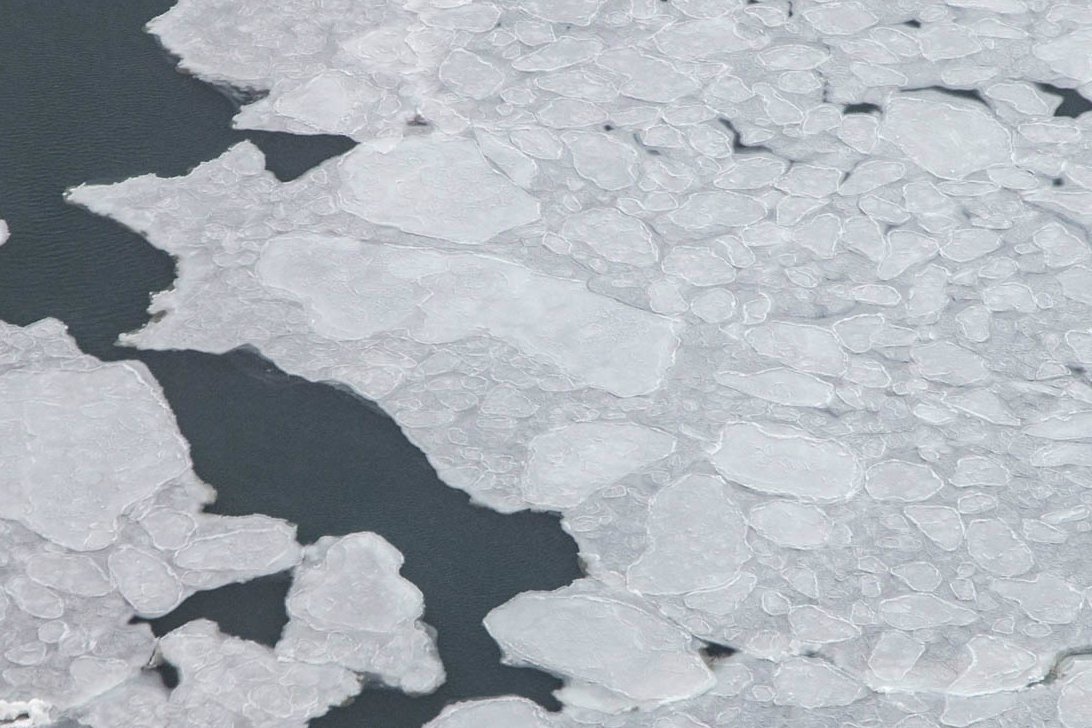
It is us who are causing problems, not the melting ice, the monsoon or the drought in the Middle East. To drive home his message, Sörlin often contributes to Swedish media and international journals: Global warming demands political responses based on solid facts and sound values. Democracy is the most important element in the fight against global warming. Natural science and technology, however important, will never solve the problem alone, he argues.
In 2017, as keynote speaker for some 600 participants at a Nordic congress of historians, he spoke of a need for an entirely new type of research suitable for the complex challenges of the present. The growth of populism is enhanced by the crisis caused by global warming, but global warming also acts in concert with local and global inequalities — the flip-side of globalization. Global warming together with the aftermath of the financial crisis of 2008-2009 exacerbates reactions to the growing numbers of refugees and migrants in many corners of the world.
“The entire geopolitical situation reflects how many people are a lot more nervous than previously. Life has become unstable, and all that you ought to do is exactly all that you do now want to do. Instead, people do everything they shouldn’t do and don’t care about anybody but themselves,“ Sörlin says.
“Before these changes many argued that we should regard the world as a coherent, open field, where living standards would increase as we got better at working together. We saw Europe as an open market, where everyone should be allowed to travel freely, since that would be better for all. But we have given up this collective thinking as all the threats have moved closer. Now it is all about saving one’s self.”
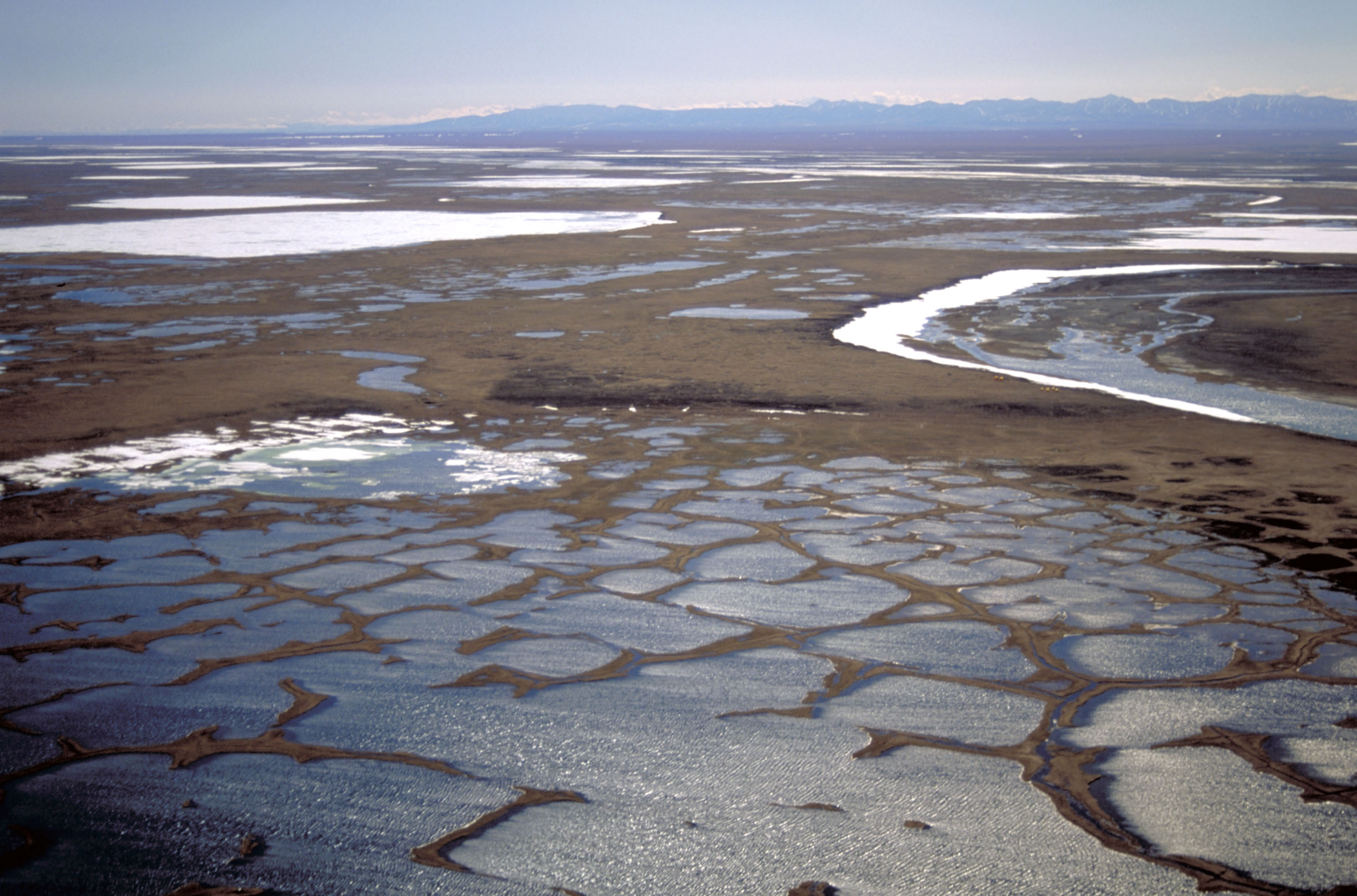
Resource nationalism
In his latest book “Antropocen – en essä om människans tidsålder” (“The Anthropocene: An age of humanity”), Sörlin labels governments such as those in Poland, Australia, India, the U.S., Russia and Norway as “resource nationalists” and “resource populists,” who are leading the world into unknown and dangerous waters against all available knowledge.
I ask him how this paradox can continue to grow. Perhaps nationalist and populist groups are driven by the alarms about global warming? How did “America First” become the answer of millions of Americans and Brexit the answer of so many in Britain? How does Viktor Orban, the president of Hungary, mobilize still greater public support for his severe populist movement, critical of European cooperation, of immigration and devoid of real reflection on global warming? How does the Polish government, obsessed with coal and often opposed to common European climate initiatives, still entice millions of supporters? How did the yellow wests become a powerful political force in France — born in protest against climate levies on gasoline?
“It is most significantly about the fear of loss,” says Sörlin. “A whole politics based on natural resources acts hand in hand with nationalism in an ideological conglomerate. For populists and nationalists it has become paramount not to give in to any resistance, whether ethnic, feminist or other. This is when you see people get up to insist that ‘We vote Trump, we vote coal,’” he says.
“In the Arctic we can look at Russia and Norway, both dependent on their fossil fuel resources, oil and gas. Their messages on the world stage seem different, but they are all deeply rooted in their natural resources. Russia is among the most repudiating nations when we talk about transition. Rhetorically, Norway is more progressive, but in practice Norway has been recalcitrant all along. They have consistently sought solutions that allow Norway to continue exploiting its fossil fuels and this is not unique. Many countries have created narratives about themselves centered on their natural resources,” he says.
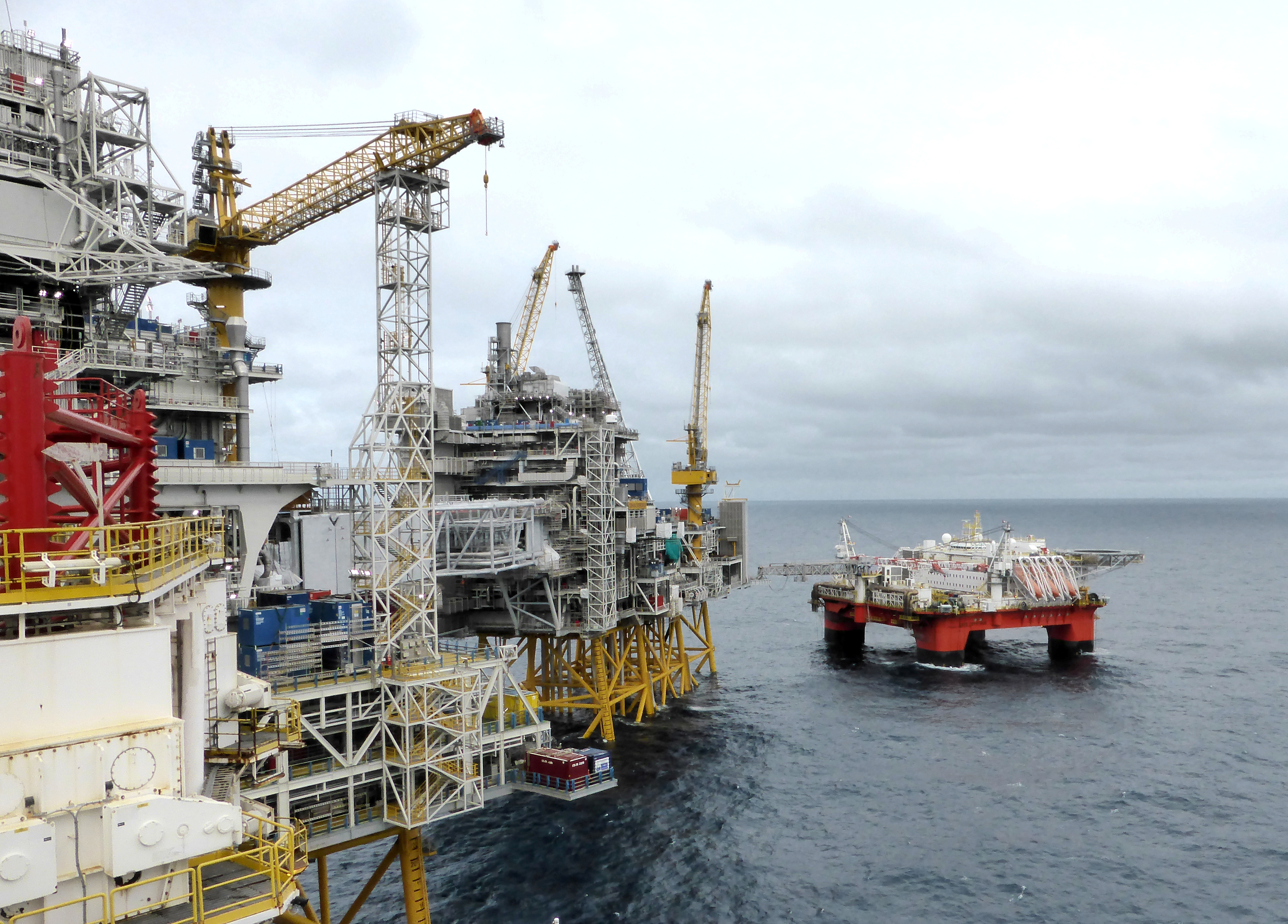
State of emergency
In his book about the Anthropocene, the idea that humans have become the dominating geological force, Sörlin describes the paradox in its historical context: “The nationalistic and populists revolts that have appeared in Europe and North America lately can be interpreted as an early and basically nostalgic response to the new condition. They signal a return to classic modernity, where nature is relegated to a position as the mute and passive provider of earthly goods, while full rights to the exploitation of these gifts from Mother Earth rests with all working people. It is basically a sanguine partitioning of the earthly and the human that minimizes any demand on man and society to conform to the conditions of the earth. It is a denial of the insights of modern science into the profound connectivity between what we do as humans and what is happening in our time,” he writes.
Time is turned upside down. Our traditional faith in enlightenment and technology is no longer sufficiently strong to support a vision of permanent economic and social progress, and while despondency grows, our past appears still more glorious and attractive.
“This tendency accelerates with climate change, because it is still more evident that we have to give up some of the things we used to do. Are we able to continue to eat meat, for example? To people who saw still more meat on the table as a symbol of prosperity, this immediately raises the question: ‘Is my life now no longer as good?.’ And yes, in the first instant this is the case,” says Sörlin.
Previously, demands that we reduce consumption and transform society were associated only with emergencies but are now turning into a new normal.
“Something that was previously connected to deep crisis or war is slowly eating its way to us in a low-intensity way, and the reaction so far is this populist, nihilist protest: ‘No, this cannot be right!’ People stand up in the city square and argue that the sun is shining even when it is obviously raining,” Sverker Sörlin says.
Death and sorrow
In his book about the Anthropocene, he argues that global warming raises new questions of moral, ethics and, perhaps most pressingly, feelings.
“The nationalist, populist movements have a far richer and more appealing vocabulary than our old story of globalization and the creation of still more growth,” he says.
“Feelings have suddenly become a political issue. The range of feelings associated with the old welfare state was very limited. We talked about a new car, a better house, better infrastructure. Nobody would argue that this was a rich emotional articulation of the project. We used terms like ‘breaking new ground,’ ‘progress’ or ‘growth,’ but feelings were almost absent. Now it is all about loss, and the vocabulary is intricately linked to feelings. Now the talk is all about ‘passing away,’ ‘sorrow’ and ‘death, and the blind and brutal response to the challenges are gaining. It engages! It makes people protest and wear yellow vests,” he says.
He finds hope in the young, in Greta Thunberg, the 16-year old Swede, who is inspiring youths in several countries by striking from school in protest against the lack of political action on climate change. He is encouraged by our waning trust in the infallibility of the forces of the market and by the 2015 Paris Accords on climate, but he vacillates, he says, between optimism and pessimism. Primarily, he finds optimism in his analysis of the historic developments that gave us institutions like freedom of speech, social rights and democracy. He expects this wave of progress to continue with a still stronger focus on relations between humanity and nature, but his talks of ‘generational time’:
“A new planetary understanding, a new Weltanschauung is not brought about by us snapping our fingers. All of society has to arrive at a new self-understanding. The enormous power of populism stems from the fact that so many do not want such a new understanding of the world,” he says.
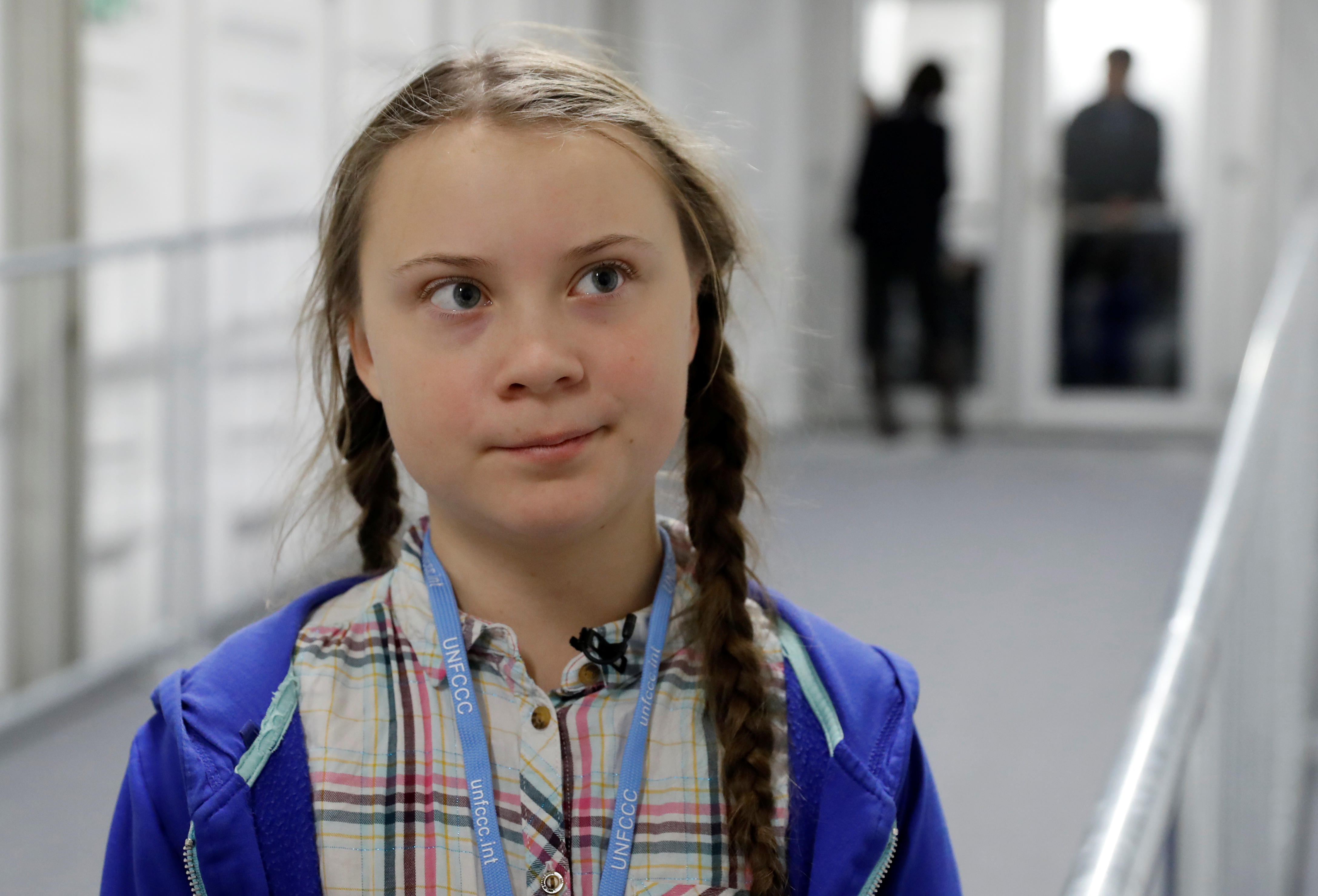
“For our debate about the future of Europe it is important to understand, that we are talking about unbelievably forceful polarization, a civilizational divide. You can tell from the domestic debates in the USA how shrill the debate has already become. There is deep mistrust, even downright hatred between people in countries where political disagreements were solved until recently by ordinary conversation. This populist reaction is rooted in the fact that the privileged western white male still believes he can keep living in yesterday’s world. He has not yet accepted that the world of tomorrow will be much better — or that this is at least an option.”
Martin Breum is a journalist and author on Arctic issues based in Copenhagen, Denmark.